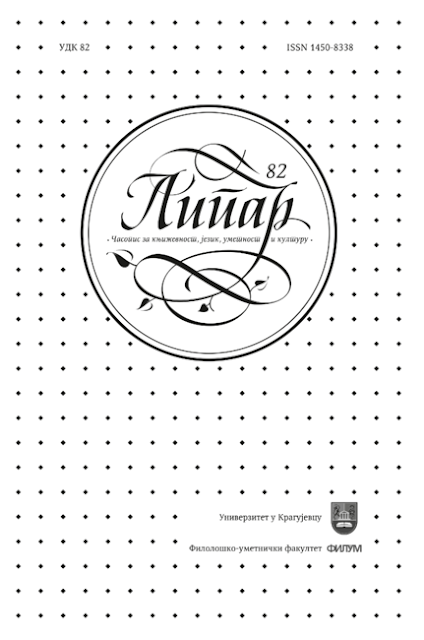ЛЕГИТИМИЗАЦИЈА ВЛАСТИТОГ СТАТУСА МОЋИ У САМОПРЕДСТАВЉАЊУ МЕЂУНАРОДНЕ КРИЗНЕ ГРУПЕ
LEGITIMIZATION OF POWER STATUS IN INTERNATIONAL CRISIS GROUP’S SELF-PRESENTATION
Author(s): Ljerka JeftićSubject(s): Politics / Political Sciences, Politics, Social Sciences, Political Theory, Communication studies, Sociology, Government/Political systems, Security and defense, Politics and society, Theory of Communication, History and theory of sociology, Social Theory, Studies in violence and power, Sociology of Politics, Globalization, Politics of History/Memory, Identity of Collectives
Published by: Универзитет у Крагујевцу
Keywords: International Crisis Group;persuasive power;legitimization;authority;mythopoesis;moral values;rationalization;conflict
Summary/Abstract: The paper presents types of legitimization in the self-presentation of International Crisis Group (ICG), a non-governmental organization which is globally referred to as the leading source of information, analysis and high-level advocacy in the field of conflict. Given the privileged access to the world policy makers and the powerful social status of the ICG founders and the Board of Trustees’ members, as well as the ICG’s presence on the ground in the countries where conflicts occur, the paper posits that the legitimacy of the ICG’s persuasive power is grounded on authority and information as social resources. The quantitative and qualitative analysis of two self-promotional ICG brochures points to the equal contribution of both social resources in providing legitimacy for the organisation’s existence and work. Namely, it is found that legitimization by reference to personal authority, as well as commendation legitimization, are enacted not only through personal authority vested in ICG’s members on the grounds of their individual, respective (former) roles in governments, in the media, business, and in financial institutions, but through the personal authority vested in the individuals (re)commending the work and stature of ICG (high officials of the parties in conflict, as well as world’s top governments officials), whose affiliations are always stated in the analyzed corpus. Their authority gets implicitly transposed to the organization itself. The role of mythopoesis, as the type of legitimization enacted through storytelling, is to portray the organization as the hero and the voice of the world’s vulnerable. The combination of rationalization and moral evaluation provide legitimacy for the “field-centred research” and “allegiance to the facts on the ground” as components of ICG’s “methodology” in obtaining and producing information thus implicitly legitimizing the truth about a conflict that the ICG analysts may establish.
Journal: Липар - часопис за књижевност, језик, уметност и културу
- Issue Year: XXIV/2023
- Issue No: 82
- Page Range: 9-26
- Page Count: 18
- Language: Serbian

